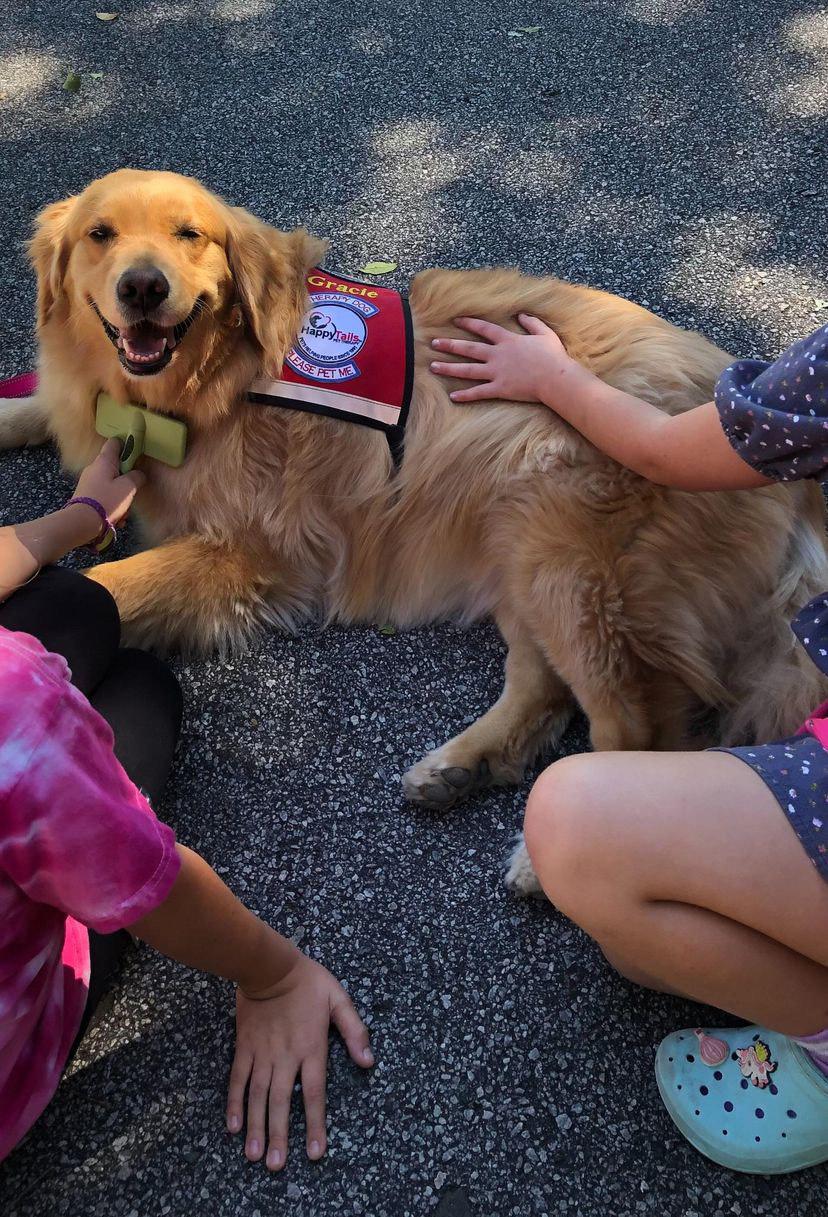


I. Introduction Humans, who have opposable thumbs, tend to investigate objects with their hands. In...
Read more...Dogs, like people, require regular exercise to maintain sound physical and psychological health. You may...
Read more...The term leash aggression is used to describe dogs that bark, lunge, pull, and carry...
Read more...While operating CPT for the past 30 years I have availed myself of many anecdotal observations. One of the more intriguing impressions is the apparent correlation between anxious owners and dogs exhibiting anxiety, aggressive behavior, or both. Therefore, I eagerly read recent research from the University of Ljubljana. I....
Read More
